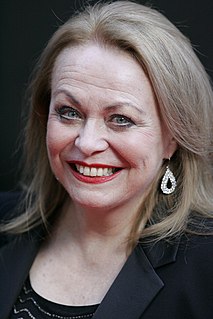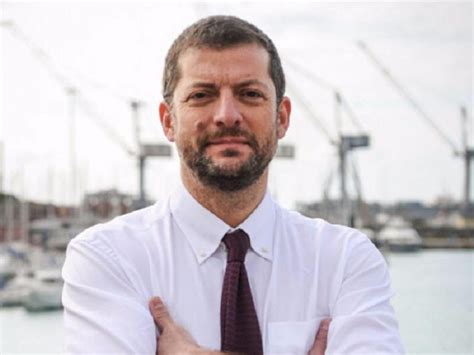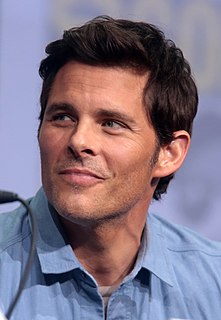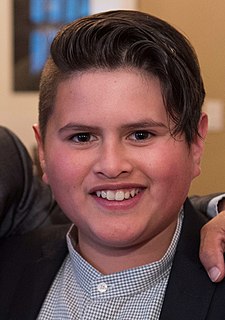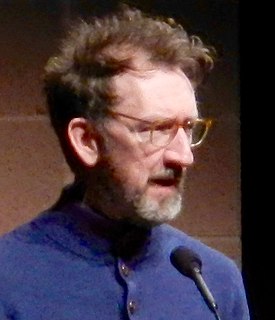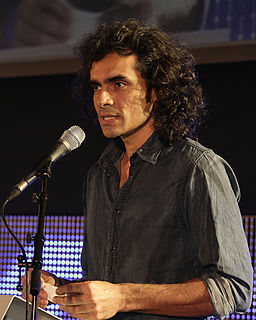A Quote by Jacki Weaver
A lot of directors want to storyboard you, whereas the best way to get a performance out of an actor is a collaborative process where you listen to the actor's input.
Related Quotes
I would like to believe that I am a collaborative actor. That's why I love all the directors I have worked with in recent times, as they are all collaborative directors. I think my constant desire is to keep bettering my own work. I don't get easily satisfied with my work; I am very critical of it. I learn from my mistakes.
You can say something that can really help and actor and you can say something that can really get in the way of an actor's performance, kind of cut them off from their instincts and really get into their heads. And every actor's different. Every actor requires something different. Being an actor, for me, was the greatest training to be a writer and director.
There is no single approach that actors take to their craft. And the best thing you learn is that you have to really listen and respect each actor's own process and own method, and that takes a kind of delicate, non-imposing patience and openness, I think, to get the very best out of the people you work with.
Motion capture is exactly what it says: it's physical moves, whereas performance capture is the entire performance - including your facial performance. If you're doing, say, martial arts for a video game, that is motion capture. This is basically another way of recording an actor's performance: audio, facial and physical.
